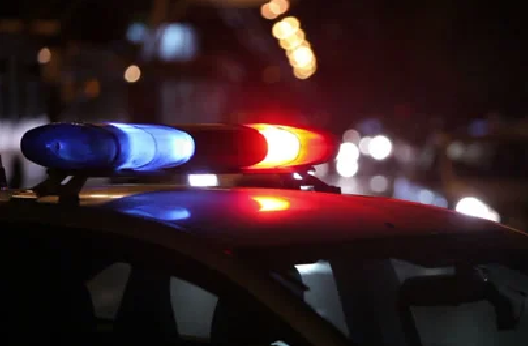latest
Law enforcement builds case for drugged driving bill

By Chris Lisinski
With substances such as marijuana increasingly playing a role in impaired driving crashes, a string of law enforcement officials and their allies on Tuesday urged lawmakers to overcome their concerns and expand the tools available to rein in drugged motorists.
Police can currently charge drivers with operating under the influence of drugs, but supporters of a Gov. Charlie Baker bill (H 4255) say existing state law makes enforcement more difficult than in cases involving alcohol, where breathalyzers and other tools are common.
Meanwhile, motorists continue to consume other substances — including marijuana, which is legal for recreational use in Massachusetts — before getting behind the wheel.
“We are seeing more and more victim cases come through our office where crashes have involved marijuana and other drugs,” Mary Kate DePamphilis, director of Mothers Against Drunk Driving Massachusetts, told the Judiciary Committee. “Last quarter, MADD’s office served 23 victim cases, one-third of which involved drug use. I have seen mothers lose their sons, fiances lose their loved ones and children lose their fathers just this fall.”
A survey that MADD conducted in February 2020 found that one in eight adults admitted to driving within two hours of consuming marijuana, DePamphilis said.
She also referenced a June report from the National Highway Traffic Safety Administration in which researchers examined trauma center data from five locations — including Worcester — on a rolling basis. Between October 2020 and December 2020, NHTSA said, 56 percent of drivers involved in serious injury and fatal crashes at those centers tested positive for at least one drug.
Baker’s bill would not create any new criminal charges and instead outlines enhancements to the detection and enforcement tools law enforcement can use.
It would codify that THC, the main psychoactive component in marijuana, impairs the ability to operate a vehicle; legally recognize the horizontal gaze nystagmus field sobriety test as effective; impose consequences on suspected drugged drivers who refuse to submit to testing; prohibit drivers from having loose or unsealed packages of marijuana in their vehicles; and expand police training to recognize the influence of drugs behind the wheel.
Massachusetts State Police Col. Christopher Mason, who testified in support of the bill alongside Public Safety and Security Secretary Terrence Reidy, said State Police have charged an average of 650 motorists with operating under the influence of drugs each year since 2016.
“We can better combat these extremely dangerous driving offenses with enhanced enforcement tools,” Mason said. “Simply put, this legislation would put operating under the influence of drugs on par in terms of enforcement and prosecution with operating under the influence of liquor.”
Nathan Tamulis, a forensic support attorney with the Committee for Public Counsel Services, said he believes the bill and several other drugged driving proposals before the Judiciary Committee would allow police to judge drivers based on excessively subjective measures of drug intoxication after training them as drug recognition experts, or DREs.
“DRE is not a scientific process, and frankly, the legislation isn’t going to make the process scientific,” Tamulis said. “It cannot make a police officer an expert, especially as that’s the court’s function. Impaired driving is certainly a problem, but this is not the solution.”
The bill’s provisions are built upon the recommendations of a Special Commission on Operating Under the Influence and Impaired Driving, which lawmakers created in a 2017 marijuana law.
Baker refiled the bill in November and rebranded it in memory of State Police Trooper Thomas Clardy, who was killed in 2016 when he was struck by an impaired driver during a traffic stop.
The governor and his deputies are hopeful that legislators will be more receptive to the proposal this time around after the Judiciary Committee last session ordered an earlier version to a study that effectively killed it.
Rep. Chynah Tyler, the committee’s House vice chair and chair of the Black and Latino Legislative Caucus, on Tuesday hinted she may still have some unaddressed concerns about what she called “a very hot topic that has continued to grow over the past couple of years.”
Tyler said she believes “there’s more that needs to be done when it comes to actually figuring out how affected someone is by THC,” and she also said she is worried about possible disproportionate impacts on communities of color.
“We need to make sure we’re also paying attention to how we can deter racial bias if we’re pulling over folks who are driving under the influence,” Tyler said during the hearing. “Of course we want our roads to be safe 100 percent and we don’t want any innocent troopers, innocent folks in general, to be harmed by someone who’s driving under the influence, whether that be marijuana or alcohol or any other substance. But we want to make sure we’re not racially profiling folks at the same time.”







You must be logged in to post a comment Login